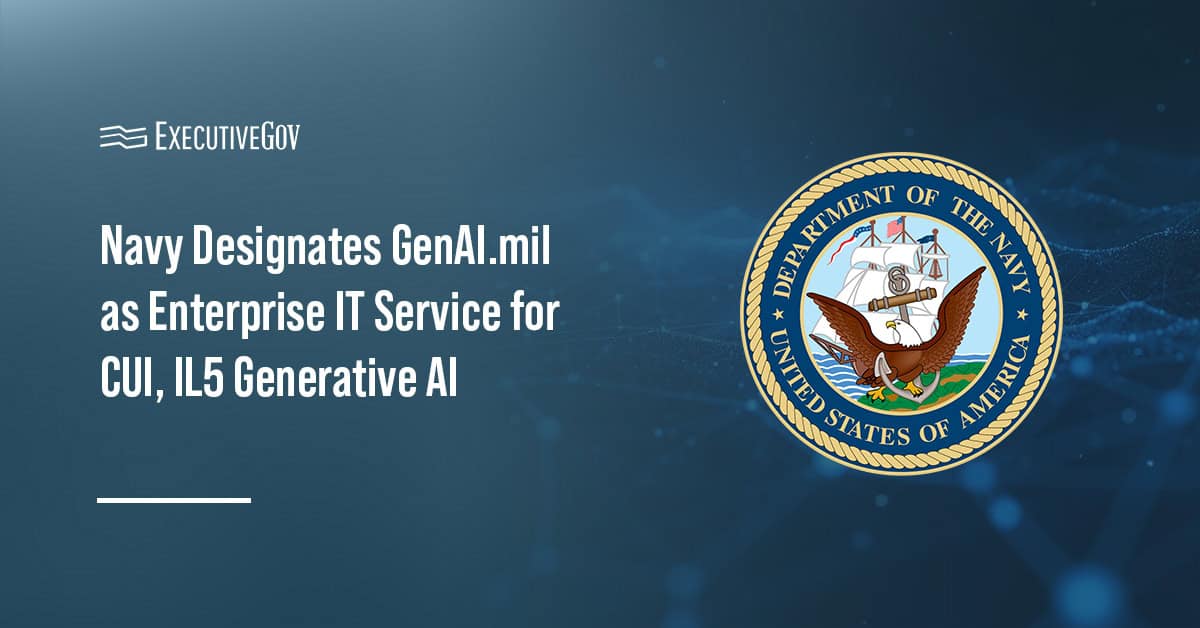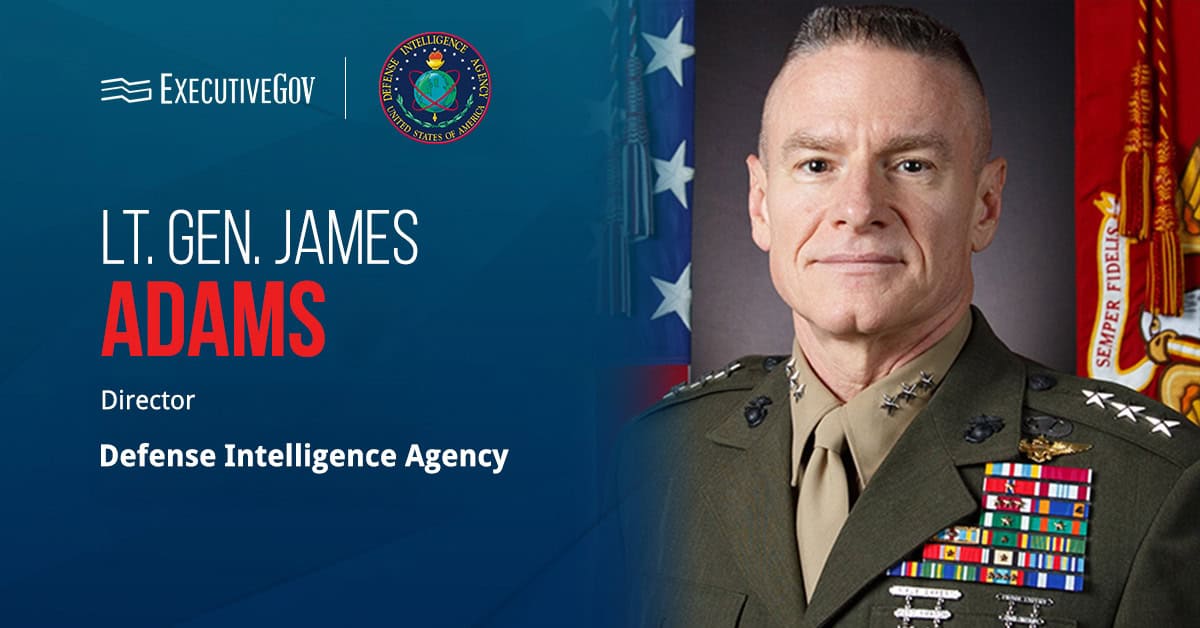
Austal USA released the U.S. Navy’s 12th Independence-variant littoral combat ship into the sea in preparation for delivery in 2020. The service branch said Monday that its future USS Oakland or LCS 24 touched water for the first time on Sunday at the shipbuilder’s facility in Mobile, Ala.
Kate Brandt, sustainability officer at Google, christened LCS 24 last month and had her initials welded at a keel laying ceremony last year as the ship’s sponsor. Austal’s Alabama-based shipyard houses work for four ongoing LCS construction efforts including the future USS Mobile and Savannah.
The future USS Kansas City, meanwhile, is undergoing preparations for sea testing.





